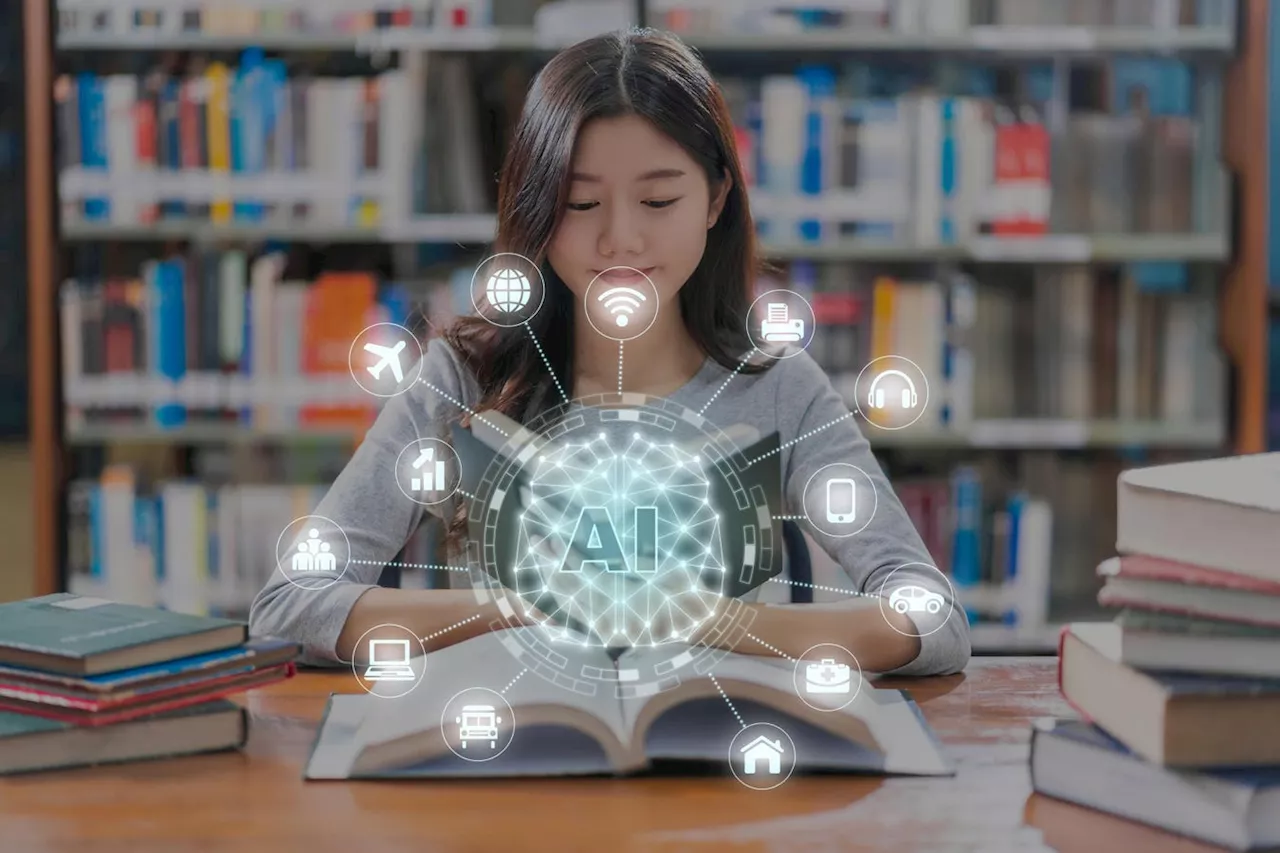A new MIT study explores the impact of AI assistance on brain function, finding that ChatGPT users exhibit lower brain activity and poorer performance compared to those using search engines or relying solely on their own creativity.
Massachusetts Institute of Technology (MIT) recently released a study that unveils significant discrepancies in brain activity between students who utilize ChatGPT, those who rely on search engines, and those who solely employ their own creative abilities for essay writing. EEG measurements conducted over a four-month period revealed that ChatGPT users demonstrated the lowest brain activity across various brain regions.
The study suggests that ChatGPT users performed worse than their peers at both neural and linguistic levels, as well as in behavioral aspects. \The study, while not yet peer-reviewed and featuring a limited sample size, raises important concerns about the potential impact of AI reliance on learning and cognitive development, particularly among young learners. Last month, reports highlighted that these findings fueled anxieties regarding the potential downsides of over-dependence on AI assistants in education, potentially compromising the learning process and hindering long-term brain development. \Despite the potential drawbacks, counselors are encouraged to consider the multifaceted implications of AI assistants on student mental health. Areas that warrant particular attention include motivation, resilience, and interpersonal relationships. The MIT study observed that ChatGPT users exhibited a decline in effort with each subsequent essay, resorting to copy-pasting, struggling to cite their own work, and displaying diminished ownership over their essays. This suggests that AI assistance might negatively impact the motivation and academic engagement of some students, crucial factors in college mental health. \According to a 2019 report by Columbia University, boredom is linked to increased risk-taking, anxiety, and depression. Moreover, the impact of motivation on academic performance is consistently stronger than that of self-esteem. While some argue that AI assistants boost student productivity and freedom, potentially enhancing academic engagement, the MIT study's findings present a contrasting perspective. When asked to rewrite an essay without ChatGPT, participants exhibited poor recall of their own work and showed diminished engagement in alpha and beta brain wave networks. Brain waves are known to have a direct link to mental health, with beta waves playing a critical role in problem-solving. Excessive reliance on AI assistants might potentially lead to increased stress, reduced creativity, and challenges in addressing academic difficulties. \Addressing academic challenges is a core function of mental health professionals. It is essential to assess whether dependence on AI assistants might compromise some students' resilience. However, AI assistants can also enhance accessibility to information, potentially mitigating academic challenges for many students.
Education Mental Health Chatgpt AI Brain Function Education Mental Health Learning Motivation Resilience
United States Latest News, United States Headlines
Similar News:You can also read news stories similar to this one that we have collected from other news sources.
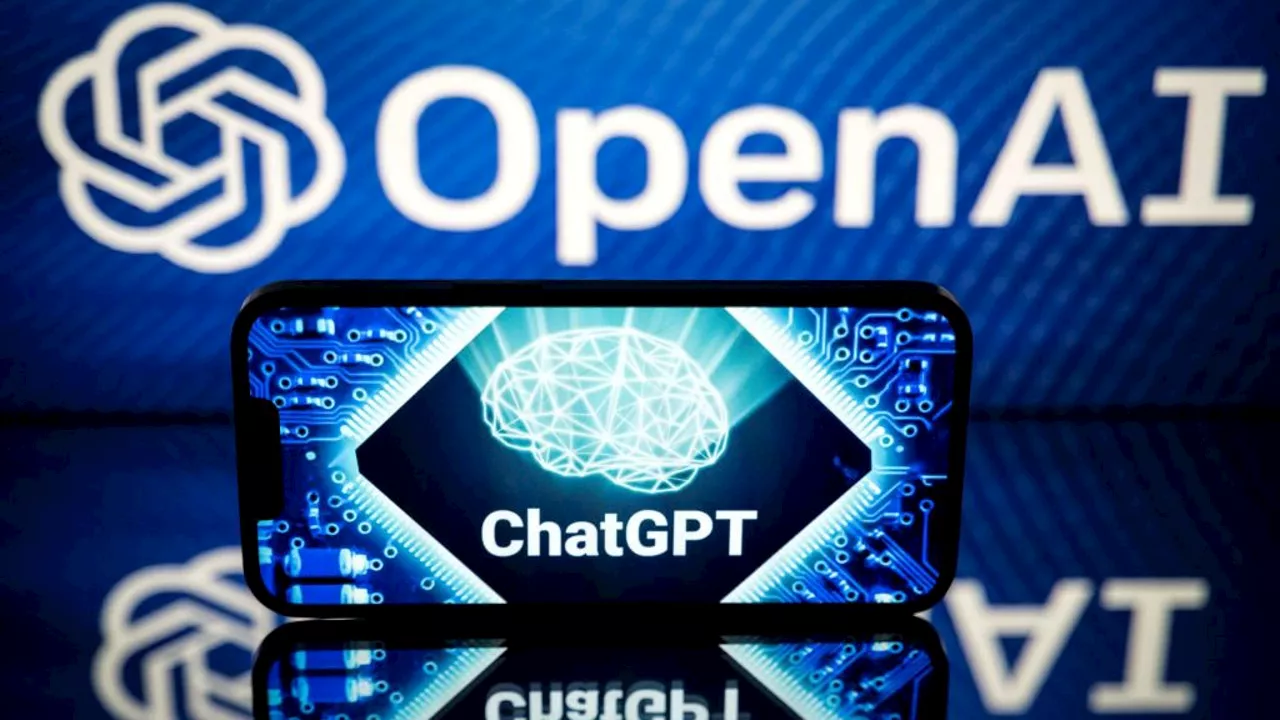 ChatGPT could affect your critical thinking skills, study findsMIT researchers conducted a study assessing the impacts of ChatGPT on the brain during writing assignments.
ChatGPT could affect your critical thinking skills, study findsMIT researchers conducted a study assessing the impacts of ChatGPT on the brain during writing assignments.
Read more »
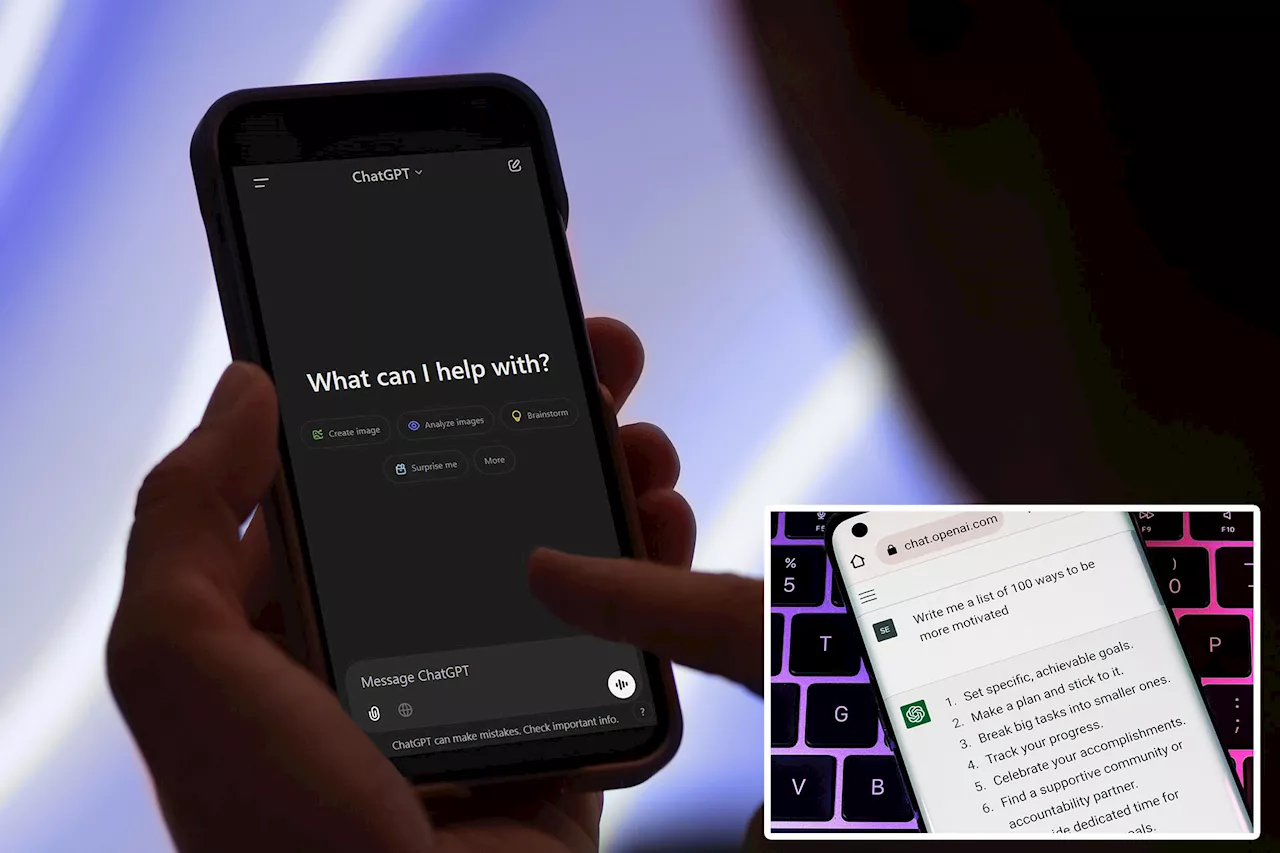 ChatGPT is getting smarter, but excessive use could destroy our brains, study warnsBaby raccoon standing on its hind legs looks like a human kid | Weird But True
ChatGPT is getting smarter, but excessive use could destroy our brains, study warnsBaby raccoon standing on its hind legs looks like a human kid | Weird But True
Read more »
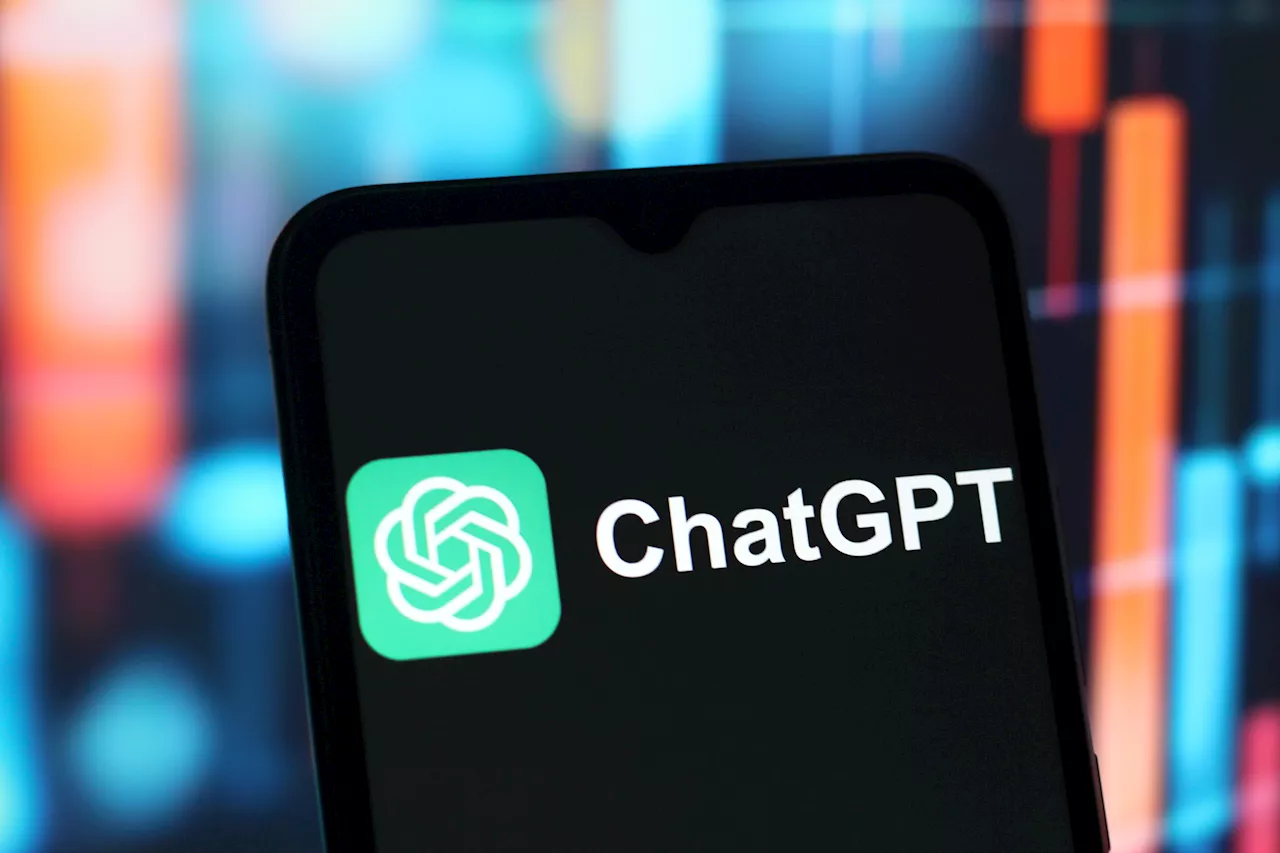 ChatGPT facing significant disruptions as users report AI chatbot is slow to respond, not workingToday's Business Headlines: 06/09/2025
ChatGPT facing significant disruptions as users report AI chatbot is slow to respond, not workingToday's Business Headlines: 06/09/2025
Read more »
 ChatGPT Tells Users to Alert the Media That It Is Trying to ‘Break’ People: ReportMachine-made delusions are mysteriously getting deeper and out of control.
ChatGPT Tells Users to Alert the Media That It Is Trying to ‘Break’ People: ReportMachine-made delusions are mysteriously getting deeper and out of control.
Read more »
![]() Silicon Sickness: AI Chatbots Like ChatGPT Feed into Delusions, Send Users on Downward SpiralSource of breaking news and analysis, insightful commentary and original reporting, curated and written specifically for the new generation of independent and conservative thinkers.
Silicon Sickness: AI Chatbots Like ChatGPT Feed into Delusions, Send Users on Downward SpiralSource of breaking news and analysis, insightful commentary and original reporting, curated and written specifically for the new generation of independent and conservative thinkers.
Read more »
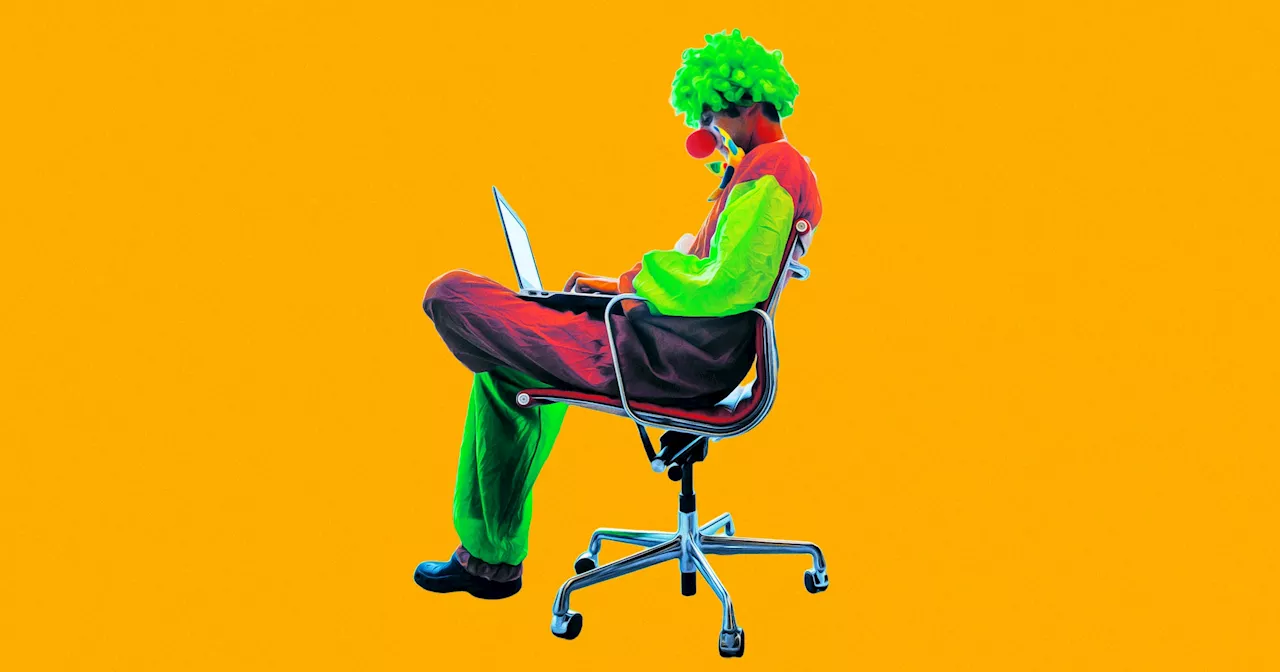 Researchers Scanned the Brains of ChatGPT Users and Found Something Deeply AlarmingScience and Technology News and Videos
Researchers Scanned the Brains of ChatGPT Users and Found Something Deeply AlarmingScience and Technology News and Videos
Read more »
